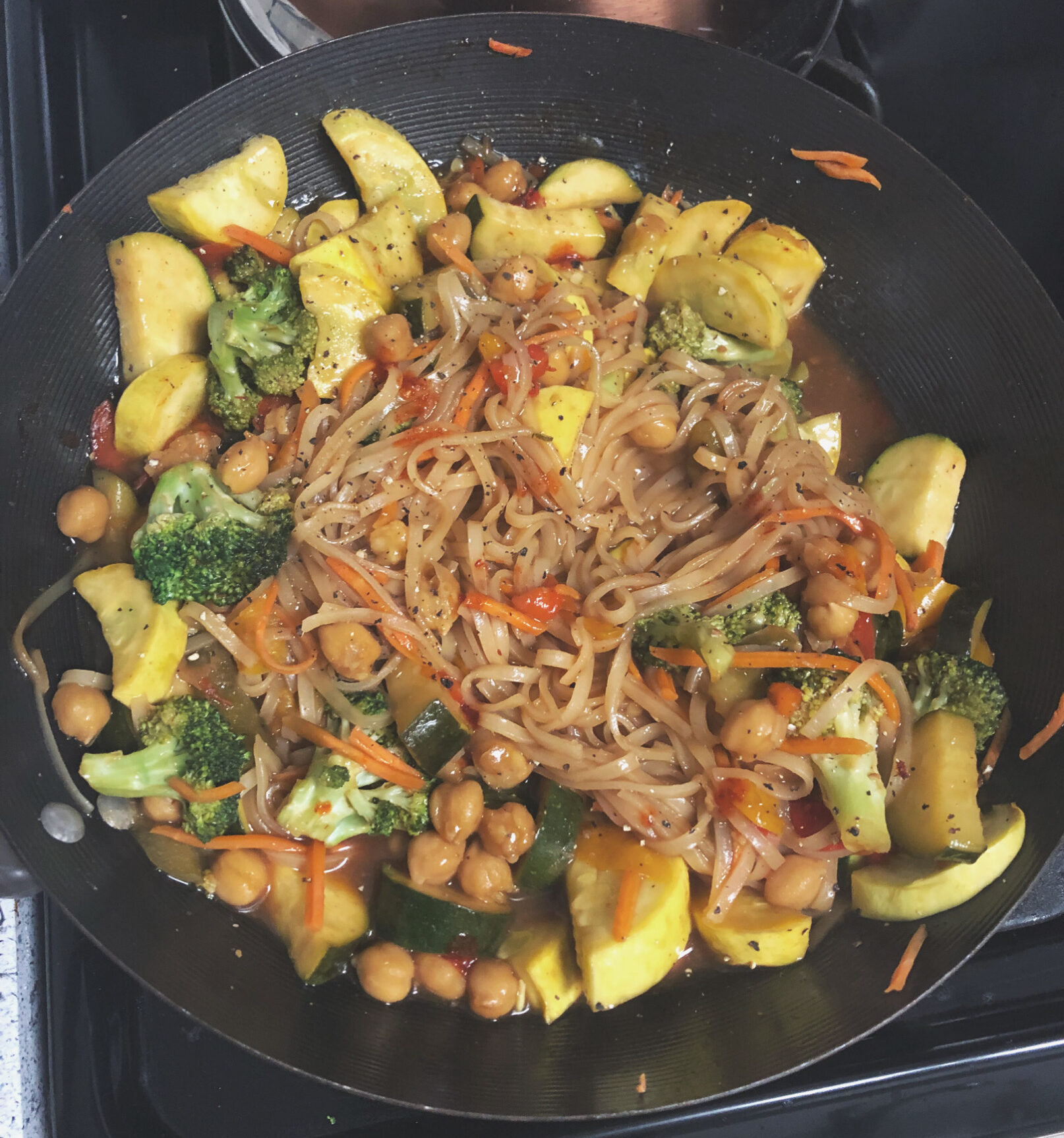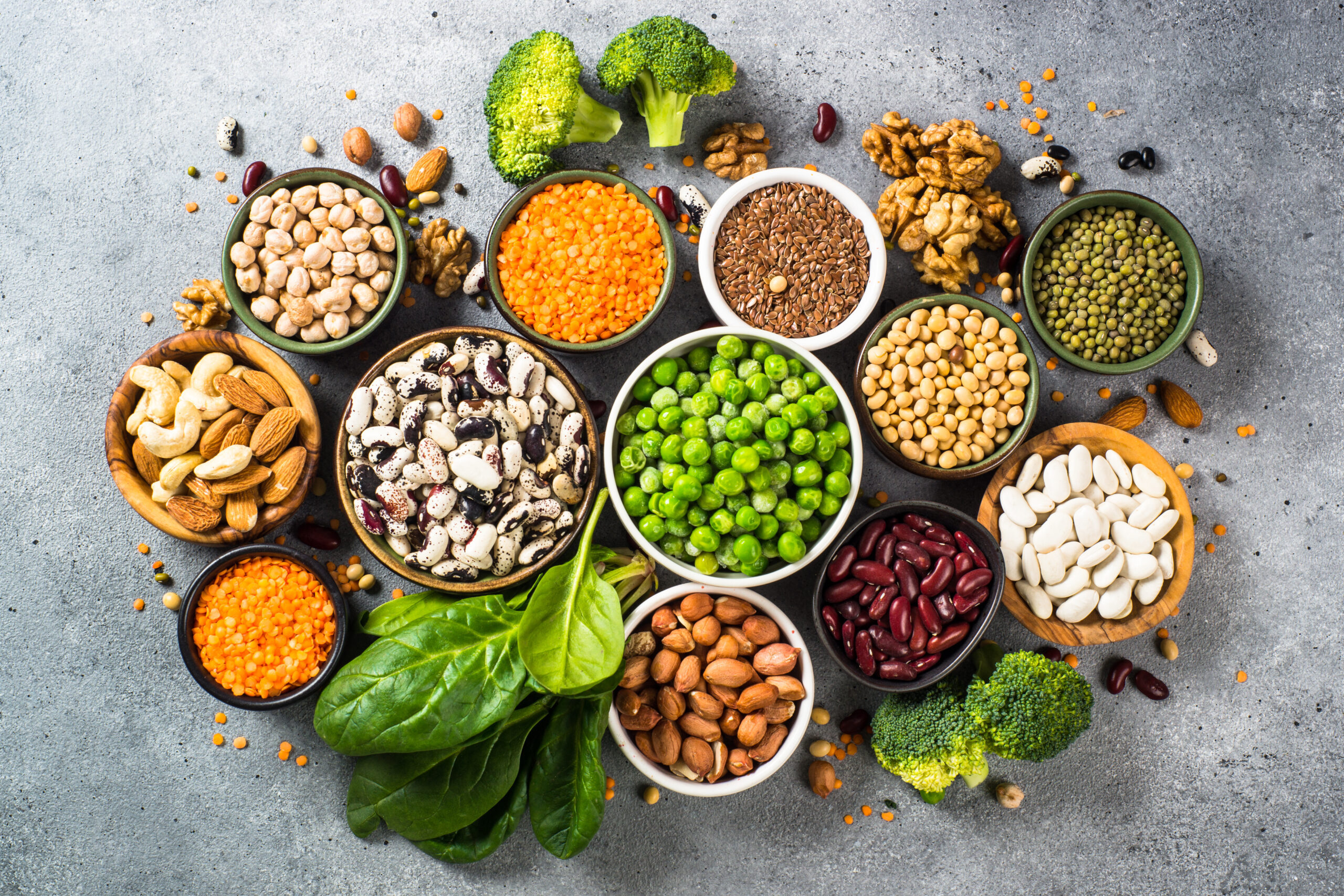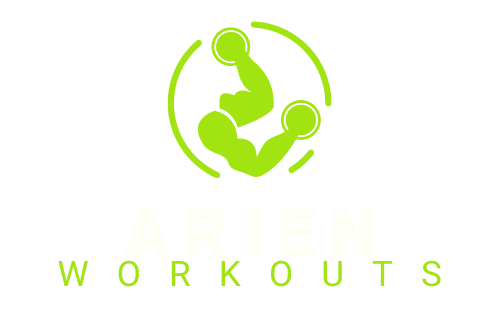As a personal trainer in Los Angeles who has been dedicated to a 100% plant-based diet for over three years, I often find myself fielding a barrage of questions from curious individuals. The most common inquiries include, “How do you get your protein?” “What exactly do you eat?” and “How do you build muscle without consuming animal protein?” While these are all valid concerns, my personal experience and journey towards adopting a vegan lifestyle has equipped me with the answers and the insights to help dispel these doubts.
Before we dive into the details, let me clarify one thing: transitioning to a plant-based diet, even as a former athlete accustomed to a protein-heavy, meat-centric diet, is far from insurmountable. However, the key to a successful transition lies in ensuring that your new diet serves your unique needs and lifestyle, rather than trying to fit yourself into a rigid, one-size-fits-all dietary framework.
Here are five key strategies that I found helpful during my transition to a plant-based diet:
1. Personalize Your Diet
Each individual’s dietary needs and responses are unique. Hence, it’s crucial to craft a plant-based diet that caters to your specific requirements. Remember, this journey is about your health and well-being. Therefore, always listen to your body and adjust your dietary choices to what it’s telling you. This personalization might involve tweaking your macronutrient ratios, experimenting with different plant-based protein sources, or even adjusting your meal times to better suit your schedule and energy levels.
2. Gradual Transition
When it comes to transitioning to a plant-based diet, slow and steady often wins the race. Instead of attempting a complete overnight dietary overhaul, consider gradually eliminating one type of animal-based food from your diet each week. For instance, you might choose to eliminate beef during the first week, followed by chicken in the second week, and then dairy products in the third week. This step-by-step process allows you to observe how your body responds after eliminating each food type, providing valuable insights into any potential deficiencies that might need addressing. It also enables a smoother transition, preventing the shock to the system that can sometimes result from drastic dietary changes.
3. Embrace Quantity
One of the initial challenges I faced during my transition to a plant-based diet was a persistent feeling of hunger. I soon realized that this was because plant-based foods tend to be less calorie-dense than their animal-based counterparts. This realization led me to an essential part of my plant-based journey: understanding that going plant-based doesn’t necessarily mean eating less; it often means eating more. This might involve increasing the portion sizes of your meals or incorporating more nutrient-dense foods to ensure you’re adequately nourished and satiated.
4. Expand Your Culinary Horizons
Embarking on a plant-based journey presents an excellent opportunity to get creative in the kitchen and discover new foods and flavors. Don’t shy away from this culinary adventure! I began experimenting with a range of vegetables, grains, and legumes, and soon discovered a host of delicious and filling meals. Beans, in particular, became a staple in my diet due to their high protein content and satiating nature. They served as a fantastic base for a variety of dishes, from stir-fries to burrito bowls, providing not just sustenance but also culinary delight.
5. Find Community Support
Transitioning to a plant-based lifestyle can be a significant change, and having a support system can make a world of difference. Whether it’s a friend who’s also trying out a vegan lifestyle or an online community of like-minded individuals, having people to share experiences, recipes, and challenges with can provide invaluable motivation and support. It’s a journey, and knowing you’re not alone can make it much more enjoyable and sustainable.
In retrospect, my transition from a meat-heavy diet to a plant-based lifestyle wasn’t as daunting as I initially anticipated. Sure, there were bumps along the road, but the lessons I learned and the benefits I reaped far outweighed the challenges. Adopting a plant-based diet has not only transformed my body but also significantly improved my energy levels and overall well-being.
Now, when I look back at my former self – a 290 lb offensive lineman, I marvel at how far I’ve come. Not only have I successfully maintained my muscle mass, but I’ve also discovered a new realm of culinary delights and an enhanced understanding of my body’s nutritional needs. As a personal trainer now, I am committed to promoting the benefits of a plant-based diet and guiding others on their own unique journey towards health and fitness.

My first attempt at vegan pad thai with chickpeas in 2018.
Transitioning to a plant-based diet is indeed a personal journey. It’s about exploring new foods, understanding your body, and embracing a lifestyle that promotes health and well-being. It may not always be easy, but with the right strategies in place, it’s undoubtedly achievable and rewarding.
So, whether you’re a former athlete looking to shed some weight, or anyone else curious about the benefits of a plant-based diet, I hope my experience and these five key strategies provide you with the knowledge and confidence to embark on your own plant-based journey. Here’s to a healthier and more vibrant you!
Remember, this isn’t just about adopting a new diet; it’s about embracing a lifestyle that aligns with your health goals and values. So go ahead, give it a shot, and discover the incredible benefits a plant-based diet can offer. Your body will undoubtedly thank you for it.

